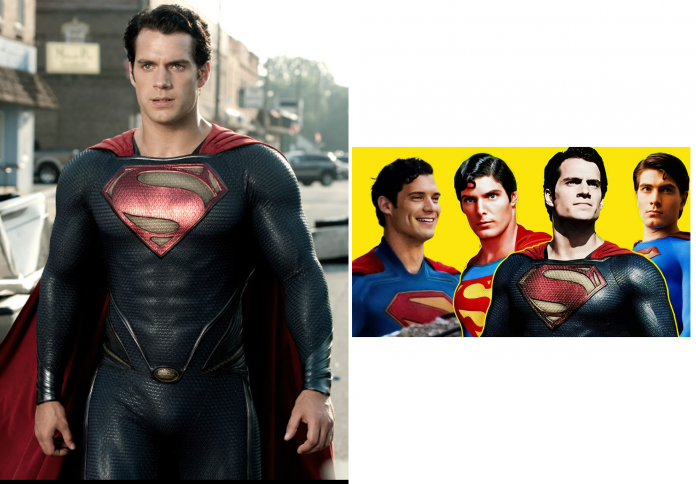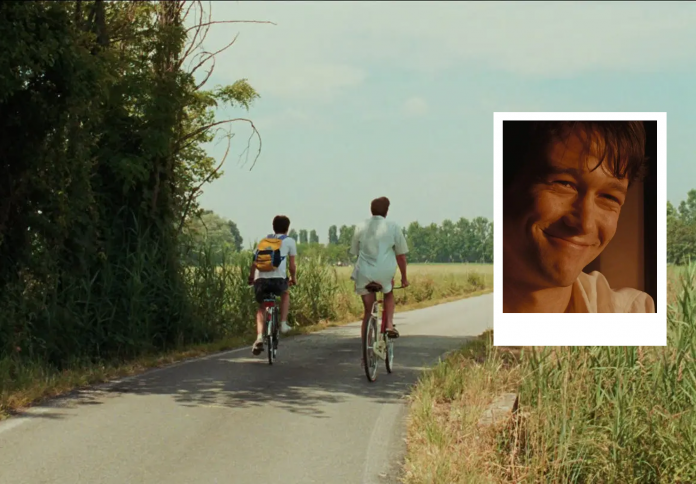Once considered a journeyman, now a quiet cornerstone—Charlie Morton’s baseball narrative is no longer one of struggle, but of steadiness and self-knowledge. At 41, in a season many wrote off too soon, Morton is not just surviving on the mound for the Baltimore Orioles. He’s evolving, adapting, and reminding everyone why he was always more than his numbers. His late-career comeback is both a lesson in humility and a celebration of longevity.
Reinvention after regret: a slow start and the bullpen awakening
When the Orioles signed Charlie Morton to a one-year, $15 million deal, few could have imagined the emotional weight it would carry. His first starts were disastrous—his ERA ballooned, and it appeared the veteran might not survive the season in the rotation. For a pitcher with over 17 years of Major League experience and two World Series rings, it was a humbling chapter.

The Orioles coaching staff, led by pitching coach Drew French, helped reframe the transition. French, a longtime acquaintance from Morton’s Houston days, understood the psychology behind the veteran’s slump. Together, they crafted a plan not just to fix Morton’s mechanics—but to rebuild his belief.
A body that resists, a mind that adapts
At 41, few pitchers still crave the climb. Morton, however, has never treated baseball as something he simply does—it’s something he thinks deeply about. From injury setbacks to role changes, he has always embraced the mental grind. “It’s like your body says no, but you just keep going,” he said of this season.
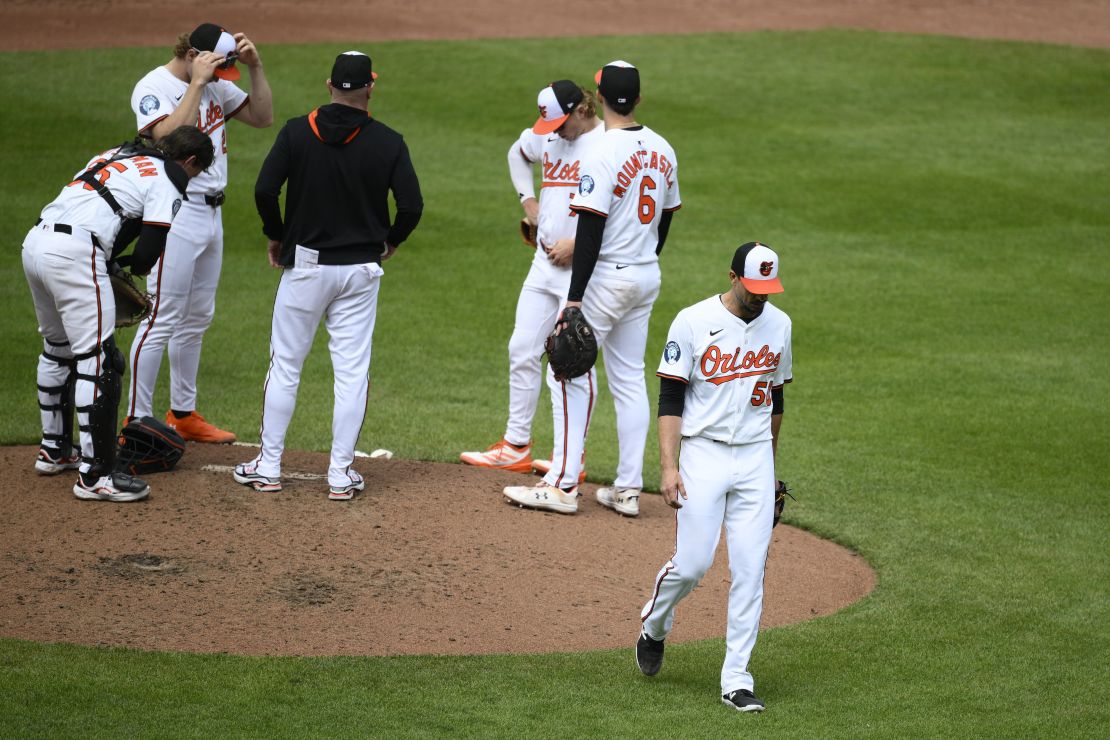
That mindset has made all the difference. The transition to the bullpen wasn’t a death sentence—it was a recalibration. When he returned to the starting rotation, Morton was more fluid, his fastball velocity remained high, and his confidence had returned. Far from a decline, this was a calculated pause before resurgence.
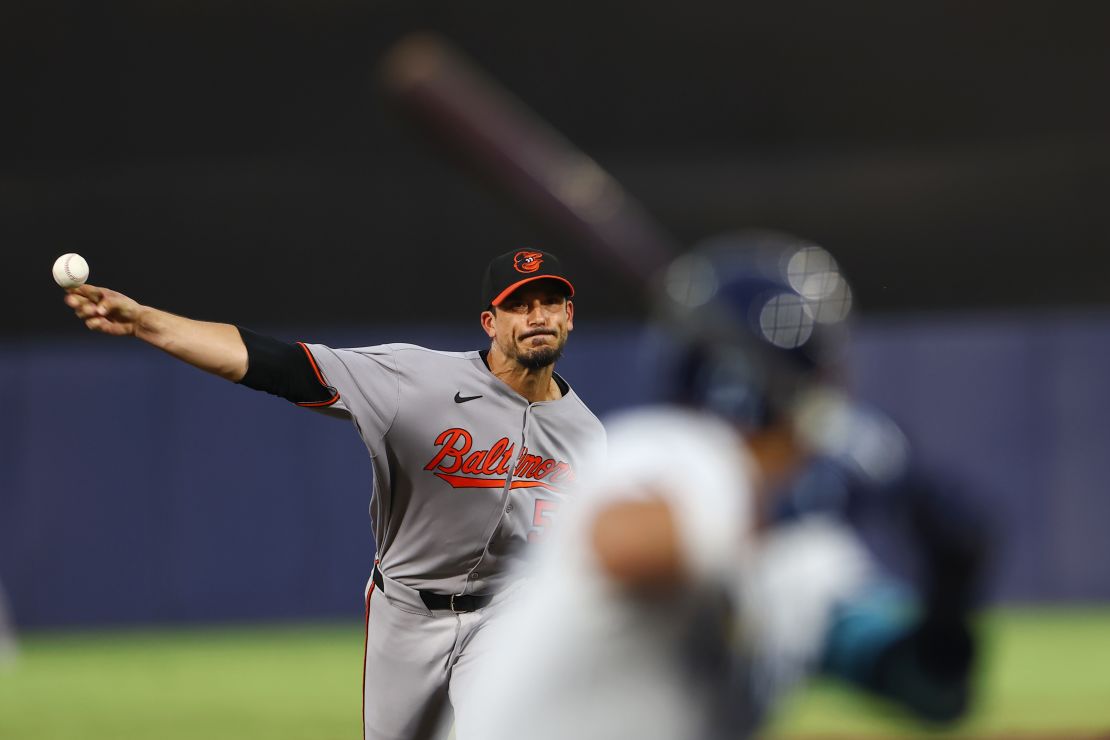
What’s striking is not just his stamina, but his perspective. Asked once by younger teammate Dean Kremer how he “does it,” Morton replied, “I’m still trying to figure things out myself, pal.” That humility has become his trademark—and it’s part of what makes him a clubhouse force. In a sport full of bravado, Morton offers a rare kind of realism.
Beyond mechanics: the quiet leadership that shapes a team
In a young Orioles roster filled with rising stars and raw energy, Morton has become an anchoring presence. He’s not loud, but he’s respected. Teammates speak of him not only as a pitcher but as a mentor—someone who leads by showing up, owning mistakes, and never cutting corners. “The pride is in the grind,” Morton says. “It took me a while to get it going, and that’s where the pride is.”
This is what drew him to Baltimore in the first place. The Orioles reminded him of his championship seasons in Houston and Atlanta—young, scrappy, and hungry. Plus, being near his family in Bradenton, Florida, made the logistics of the season feel a little lighter.
His influence isn’t abstract. According to Orioles infielder Jordan Westburg, “We’re all rooting for him.” And it’s clear Morton’s presence has shifted something inside the locker room—a tone of purpose, of calm professionalism. Former managers and teammates from his Braves days describe him as “exemplary” and “the kind of guy you want around no matter where your team is.”
The legacy of a late bloomer, still writing chapters
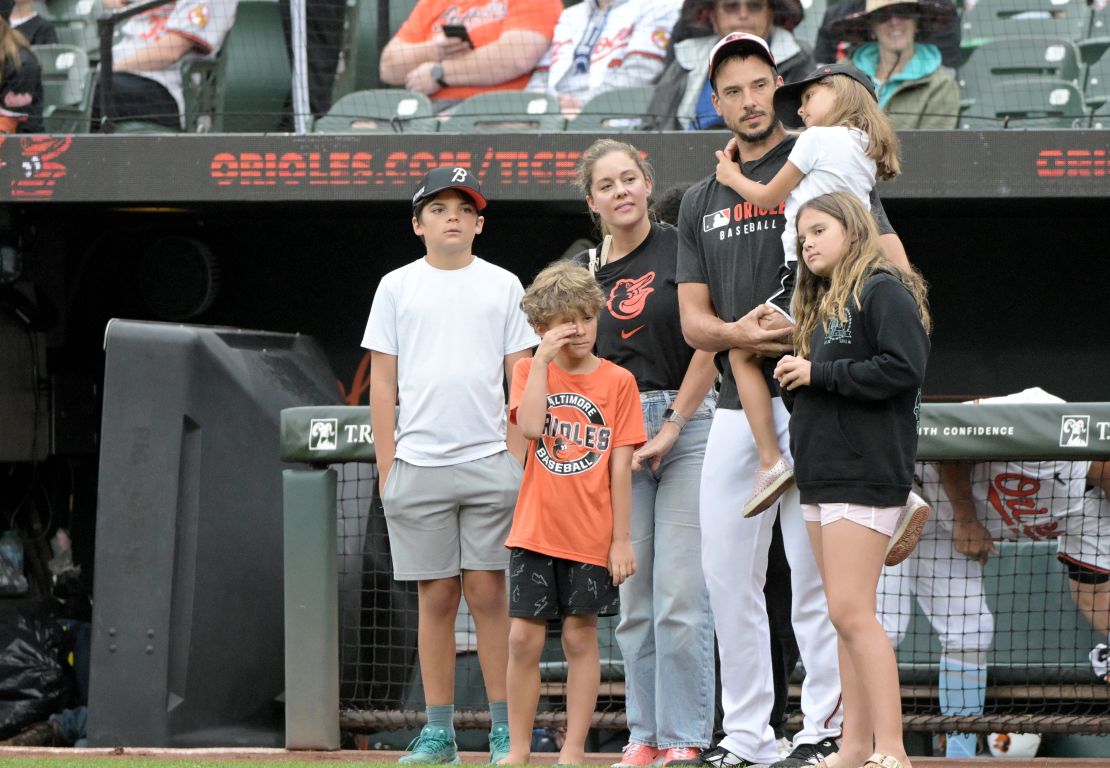
Morton’s July 4 start against the Braves—his 11th of the season—was a symbolic homecoming. Pitching against Spencer Strider, who was in elementary school when Morton debuted, the veteran held firm for five innings, allowing just a single home run. The Orioles won, and the Braves later honored him with a mid-inning tribute. Morton tipped his cap, quiet and reflective.
That moment crystallized what Morton has come to mean—not just to Baltimore, but to baseball. A player once labeled inconsistent, now revered for his steadiness. A pitcher once unsure of his place, now leading by example.
Retirement still looms. Morton acknowledges the tension between the game he loves and the family he longs to be near. “I have that part of my heart that is the biggest part: wanting to go home and be with my family,” he said. But even now, touching 97 mph on the radar gun, he knows he still belongs.
“I’ve done it all,” Morton mused. And he has—starter, reliever, champion, mentor. But perhaps his greatest legacy is proving that it’s never too late to figure things out, to evolve, and to grind for the things that matter. In that quiet, stubborn way, Charlie Morton is pitching better than ever—not despite his age, but because of it.







